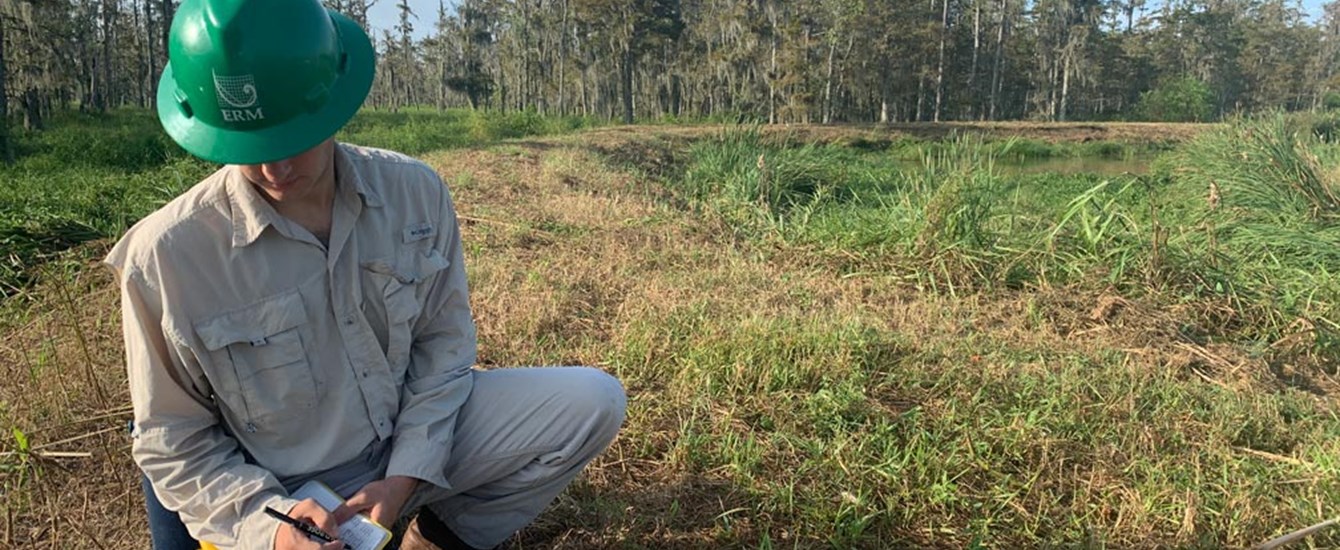
Photo credit: Emily Brengarth, United States
Each year, we conduct a formal operational risk assessment that addresses a full range of issues, including safety, our people, subcontractor management and project management, among others.
The results of the assessment were incorporated into a risk register. Action items to reduce operational risk were identified and approved by the Executive Committee and the Board as part of the annual three-year strategic growth plan and budget, and these are reviewed on an ongoing basis.
We exercise judgment with respect to the clients and third parties with which we engage and the types of work we undertake. We will not work with clients or subcontractors who do not share our commitment to high ethical standards; we have over time turned down project opportunities because of concerns involving human rights violations and other ethical issues.
We scrutinize opportunities and projects carefully before proceeding, and we reserve the right to withdraw from a project if business conduct, ethics or climate concerns arise concerns arise.
ERM has a well-established project governance process that enables us to review and identify such risks. All opportunities are also subject to a formal credit risk assessment. We use a customer relationship management (CRM) system in which all new project opportunities are entered, and our opportunity management process contains a number of flags and triggers (e.g., location, reputation, value, etc.). These triggers reflect the need for different levels of assessment of these risks.
Our Project Liability Assessment Process (PLAN) is applied to any opportunity and client that triggers these pre-identified risks. PLAN is designed to provide a globally consistent approach to managing our project risks that enables us to identify and mitigate the risks before project commencement or at significant change-in-scope events. Because of the extraordinary diversity in projects across ERM, we engaged a broad stakeholder group in the development of PLAN, including representation from all geographies, services, sectors, and functions. ERM conducts over 20,000 projects a year throughout the world, and these vary considerably in scope and complexity, which is why PLAN is so important to our global risk management program.
We continue to learn more and more about project-related risks based on direct feedback from our delivery teams, and we continue to incorporate this learning into PLAN, as appropriate.
We apply similar rigor to the activities of the ERM Foundation and are careful to avoid any potential ethical or compliance concerns associated with those organizations we support.
Our systems enable ERM employees to confirm quickly that third parties are not on government watch lists for corruption, bribery or human rights violations. We have committed to following the trade sanctions established by the European Union and the United States, as well as the United Nations. In addition:
- We continue to conduct geographic corruption and modern slavery risk assessments, focused on projects in high-risk areas.
- We track compliance with mandatory employee training. Because it is imperative that employees are aware of our expectations for business conduct and ethics, we have included new starters and refresher training for our employees in our FY21 sustainability performance targets.
